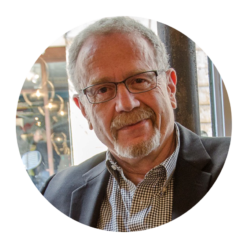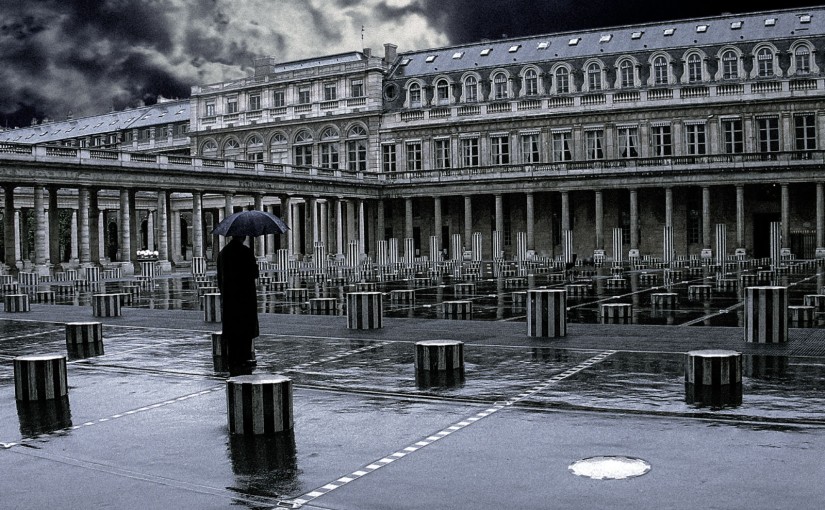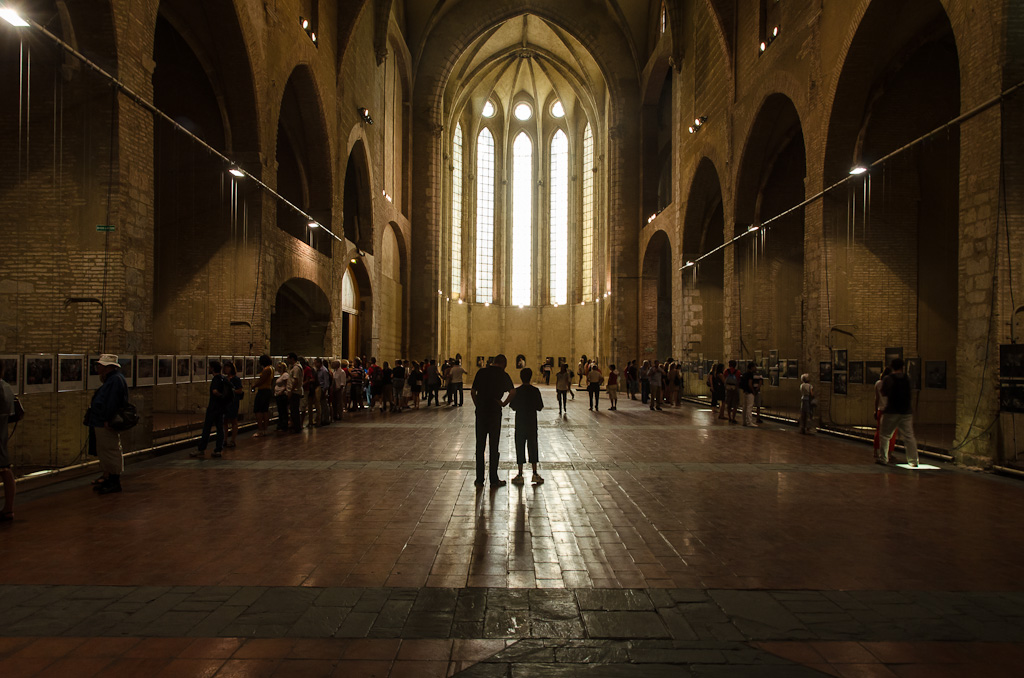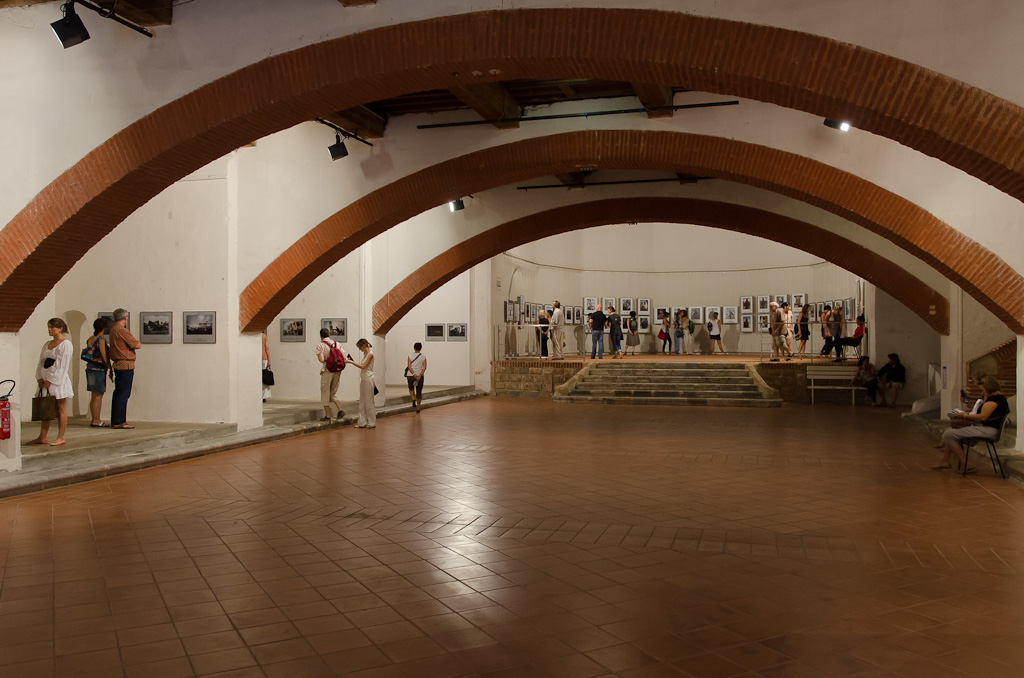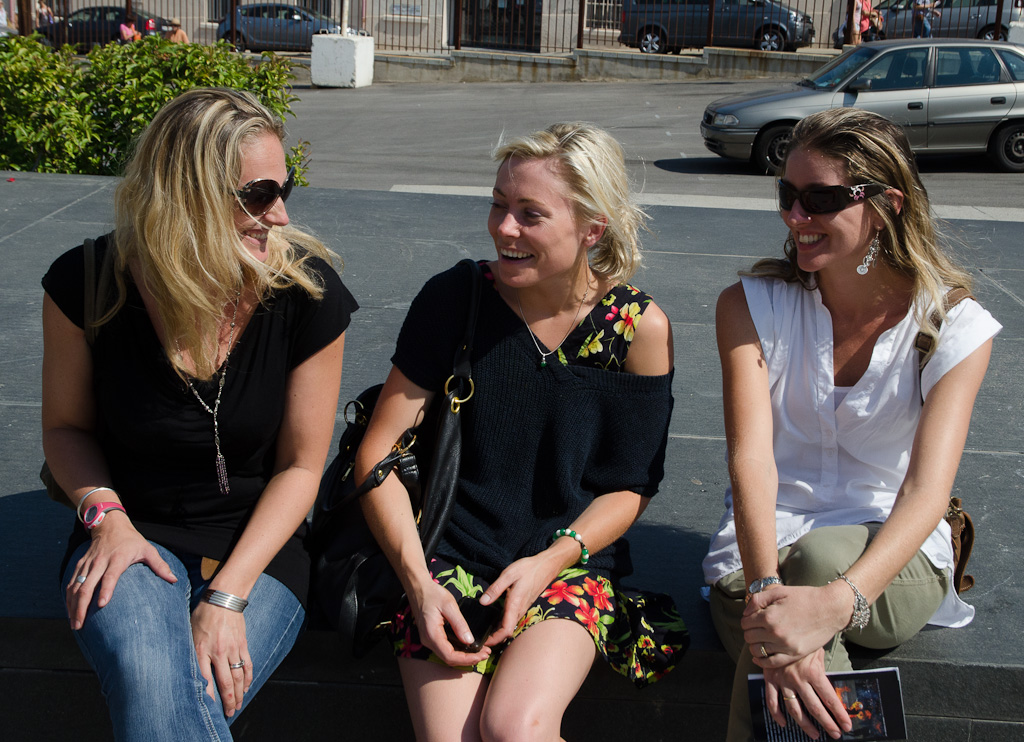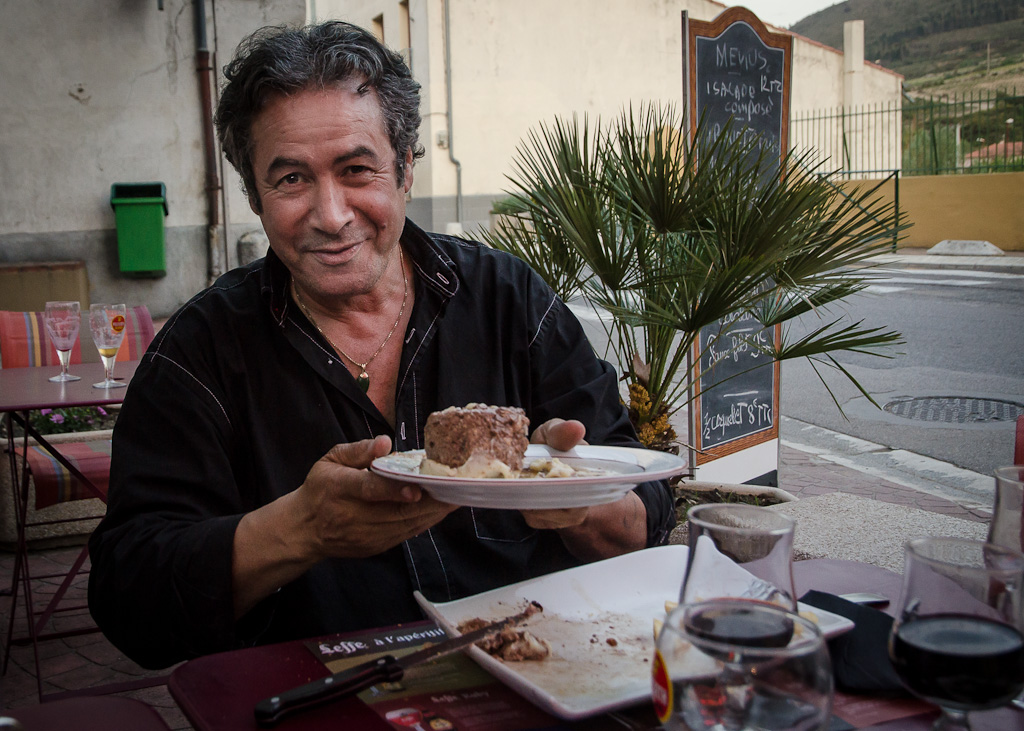“Ben, you need the meds. They help you function. They’ll help you make sense of things.”
“No, they make it worse. I can function. I’m not even sure I could write a novel if I were taking them. I mean. I’ve never written one before, never tried while I was on the drugs.”
“Ben, listen to me. I’ve known you and loved you for a long time. You have depression. You can’t change that. It’s some kind of chemical imbalance and the meds get you part of the way back. Going off the medication only makes it worse.”
“I don’t think it does. I think I’m pretty stable. I just wish I slept better. But there’s something that keeps me from making a real connection to others, to someone I really need, like Emma. And I think it’s the meds.”
“Think, Ben, maybe it’s not you or the meds, maybe it’s her. It’s not hard to imagine that your relationship just isn’t right for her.”
Ben fell silent for a moment, just long enough to consider that and reject it. “But what if that’s true because she hasn’t been able to get close enough, because I won’t let her, even if I think I am?”
“Ben, what separates you from connection, from emotion, is not the meds; it’s the depression. Think back to before you were on the drugs. Remember your family, how you always felt disconnected. That’s who you are. It’s not what the drugs do to you. You know this. I’ve heard you say it yourself. Please trust me.”
“Sarah, I know you mean well; I’m just not sure you’re right. You’ve been on these meds as long, maybe longer than me. Maybe this creates a challenge to you. Maybe I’m leaving your sphere of influence and that threatens you. It shouldn’t. It has nothing to do with you. This is about me, only me. I really want to write this novel and I think I have to get as close to the bone as possible to do it. I can’t be removed and dispassionate and still convey passion.”
“That’s nonsense Ben and you know it. You’re confusing your book and your life and making about as much sense as a Raymond Chandler plot. You don’t have to experience something to be able to write about it; did you have to drive into that cliff so you could write about it, or did we have that accident because your mind was elsewhere?”
“God damn it, Sarah. It’s my fucking life. Stop trying to produce it.” His anger was so rare, it startled both of them. Sarah was reeling. This just wasn’t Ben. “You’re wrong, Sarah, this is me. Me without the drugs. Me being honest. Not afraid of the anger. I need to feel this.”
“Ben, I don’t know what to say. You have reasons to be angry with me but this isn’t one of them. I’m trying to help.”
Angle of Reflection
©2015 Ron Scherl
